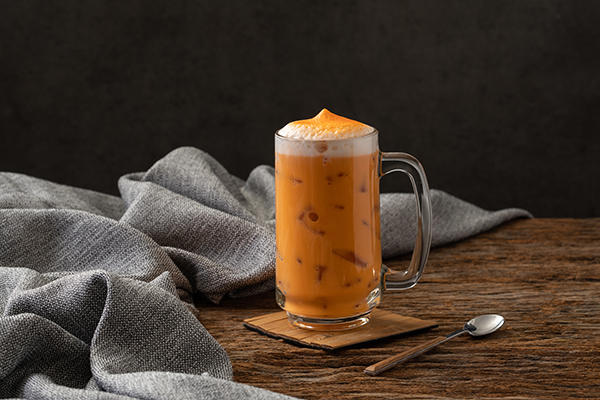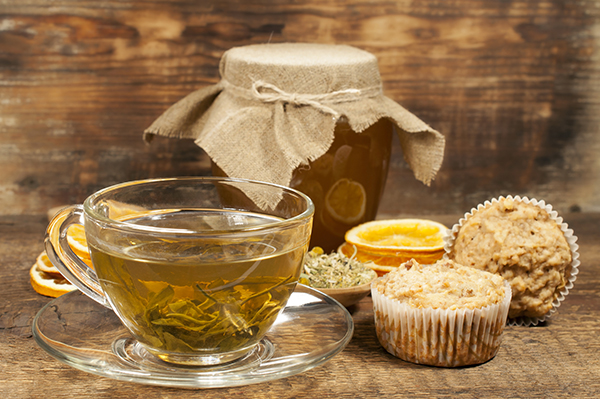Does Tea Cause Constipation?
Tea is a popular beverage enjoyed by many around the world, and its potential health benefits have long been the subject of discussion.
But can tea cause constipation? Tea can cause constipation for some individuals, depending on the type of tea and the person’s sensitivity to its ingredients. Generally, high caffeine and tannin content found in certain teas may contribute to constipation. However, moderate consumption should not pose a significant risk for most people.

Tea Ingredients and How They Affect Bowel Movement
Various ingredients in tea can impact bowel movement differently. Let’s explore three key components: caffeine, tannins, and theophylline.
Caffeine
Caffeine, a natural stimulant, is present in most teas. It can have a mild laxative effect for some individuals, promoting bowel movement by increasing the contractions of the colon.
However, excessive consumption of caffeine may cause dehydration, which can ultimately lead to constipation.
Tannins
Tannins are naturally occurring compounds found in tea, particularly in black and green varieties. They can bind to proteins and other organic compounds, including certain digestive enzymes. This binding can slow down digestion and have a constipating effect, especially when consumed in large quantities.
Theophylline
Theophylline, another stimulant found in tea, has a similar effect to caffeine. It can stimulate bowel movement but may also contribute to dehydration when consumed in excess, leading to constipation.
Tea Types and Their Effects on Bowel Movement
Different types of tea contain varying levels of the aforementioned ingredients, which can influence their impact on bowel movement.
Green Tea
Green tea is rich in antioxidants and has a lower caffeine content than black tea. It also contains a smaller amount of tannins. Due to these properties, green tea is less likely to cause constipation and may even help alleviate it by promoting hydration and gentle bowel stimulation.
Black Tea
Black tea has a higher caffeine and tannin content compared to green tea. These components can cause constipation in some individuals, particularly when consumed in large amounts.
However, moderate consumption of black tea should not pose a significant risk for most people.
Oolong Tea
Oolong tea falls somewhere between green and black tea in terms of caffeine and tannin content. The effects of oolong tea on bowel movement can be similar to those of green tea when consumed in moderation.
However, excessive consumption may lead to constipation due to its higher tannin content compared to green tea.
Herbal Teas
Herbal teas are made from a variety of plants and do not typically contain caffeine or theophylline. Some herbal teas, such as chamomile, can have a soothing effect on the digestive system and may help prevent constipation.
However, other herbal teas, like peppermint, can have the opposite effect, so it is essential to choose the right herbal tea to suit your needs.
Individual Responses to Tea
The effects of tea on bowel movement can vary from person to person. Factors such as age, overall health, and individual sensitivity to tea ingredients can influence whether or not tea causes constipation.
It’s essential to listen to your body and adjust your tea consumption accordingly. If you find that tea consumption is causing you digestive issues, consider reducing the amount you drink or trying a different type of tea.
Final Thoughts
Tea, in moderation, can be a healthy and enjoyable beverage. While it may cause constipation in some individuals due to its caffeine and tannin content, this effect is typically not a significant concern for most people.
However, excessive consumption of any tea type may lead to constipation or other digestive issues.
Be mindful of your body’s response to tea and adjust your consumption as needed. If you are unsure about how tea may affect





